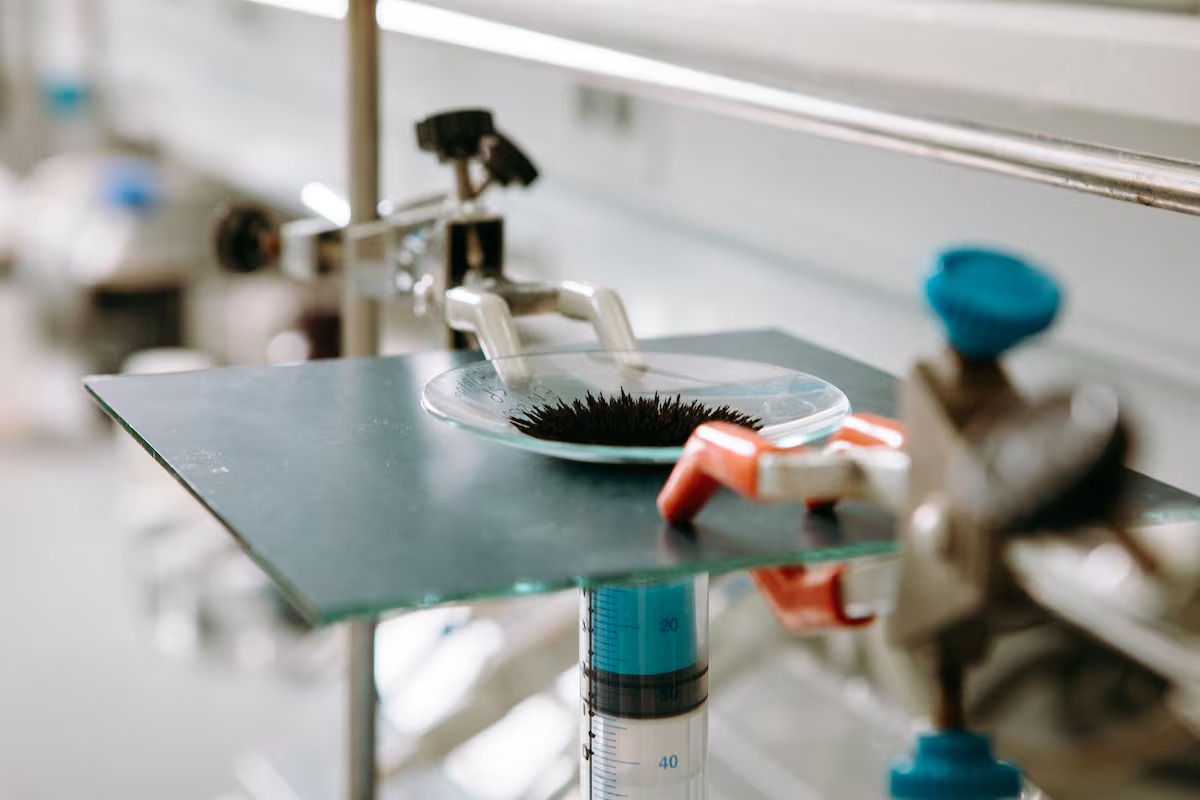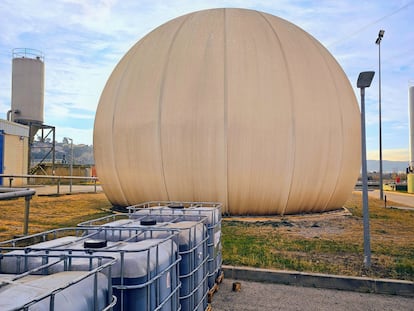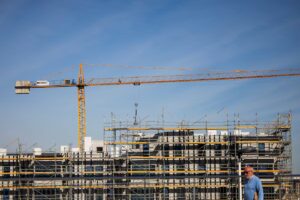
The green transition, which marks the roadmap for the 21st century, has biogas one of its pillars. The Spanish company Calpech has become a key factor in harnessing this energy resulting from the decomposition of organic matter. Located in Alicante, the company has developed, patented and industrialized a sustainable process that transforms agricultural waste into carbon-encapsulated iron nanoparticles. The result significantly reduces costs compared to conventional processes, promoting a more efficient and sustainable model.
Inside anaerobic digesters, where waste is introduced for decomposition, the contribution of Calpech nanoparticles manages to stabilize this anaerobic digestion process, where bacteria feed on it and transform it into gas, mainly methane (CH4) and carbon dioxide (CO2).
Biogas strengthens the circular economy and helps to resettle the population in rural areas
The collection and treatment of these gases allows methane to be reused to generate electricity or heat through its combustion, for example, in a home’s boiler. In this way, the emission of one of the most aggressive greenhouse gases into the atmosphere is avoided. Biogas plants are, in short, the place that allows organic waste to be converted into energy.
Calpech offers a range of products that improve the efficiency of biogas plants. They are all liquid additives, easy to dose. Ce-in Biogas allows you to increase the volume of CH4 up to 40%, provides macro and micronutrients, does not degrade over time and improves the quality of the digestate. For its part, Ce-in Desulf eliminates more than 95% of hydrogen sulfide (H2S), has a neutral pH, is not corrosive and does not contain chlorine. Finally, Ce-in Max (with 6 in 1 additive to optimize biogas production) improves biogas production, eliminates H2S and provides a customized and adapted solution.
Test to analyze the performance of the support
In addition to its products, Calpech has its own high capacity to carry out numerous analyses, from tests on biomethanisation power to physico-chemical and microbiological characterizations, adapted to the needs of each customer.
The company manages to reach the maximum level of efficiency during anaerobic digestion, controlling the materials entering and exiting the process thanks to the characterization of waste, digestate and biogas. This service offers detailed analysis with more than 50 techniques to optimize every step of the process. You look at these components of anaerobic digestion, the impact on the operation, the precise control of the process to avoid inhibition problems or the improvement of the quality of the digestate as a fertilizer. The aim is twofold: to maximize biogas and reduce costs.

In Spain biogas prevails
Spain is the European Union country that has planned the largest investments in the biogas and biomethane sector during 2025, according to the report presented in June by the EBA (European Biogas Association) and Sedigas, for a value of 4.8 billion euros.
Spain leads investment in biogas and biomethane in the European Union, with 4.8 billion euros expected by 2025
The aim is to strengthen the circular economy and promote the settlement of the population in rural areas. Companies like Calpech are consolidating themselves as strategic allies in the biogas sector, to help plants improve the efficiency of their processes.







